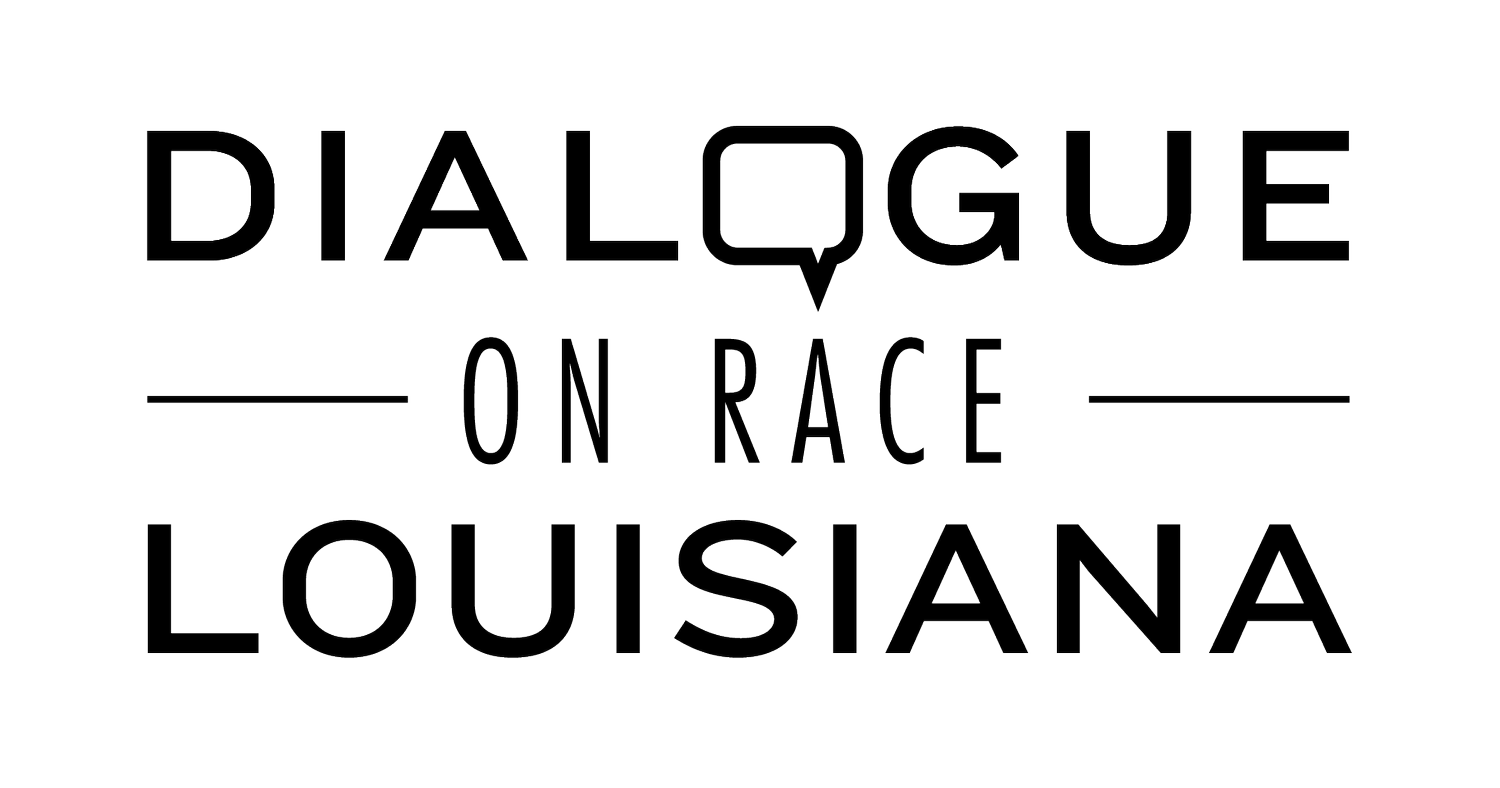What Is a "Black Job"? Humor, Trauma, and the Need for a New Narrative
Author: Jasmine Pogue, Dialogue on Race Facilitator Coordinator
As the Facilitator Coordinator at Dialogue on Race Louisiana, Jasmine plays a pivotal role in recruiting, training, and supporting Dialogue on Race trained facilitators who lead the Dialogue on Race conversations across the United States and beyond. Jasmine brings knowledge, empathy, and a deep commitment to fostering open and honest dialogue.
During the recent presidential debate, former President Donald Trump commented migrants are taking "Black jobs." This statement set off a wave of creativity on social media, with Black influencers and content creators diving into the concept's absurdity. Many shared humorous takes on what their first day at a "Black job" might look like, with some describing jobs like "remote manager" — a playful nod to the Gen X/Millennial experience of having a parent who tells their kid to bring them the remote from across the room.
Mexican-American posters joined in the humor as well, creating skits about trying to "steal Black jobs." The collective laughter and creativity highlighted the ridiculous idea that specific jobs could be categorized by race. But beneath the humor lies a deeper issue: this laughter is a trauma response to a long-standing, harmful narrative.
Polling has shown that Trump's statement has harmed him in Black and Latinx communities. The social media commentary has primarily centered on the absurdity of the idea of a "Black job."
These narratives are not new. In 2017, Paul Ryan took a picture with his interns, which went viral with the hashtag #internssowhite. Again, in 2018, then President Trump took a picture with the White House interns. Are these, then, "white jobs"? Why does America think that Black, Brown, Indigenous, and Asian people belong in certain roles and not other roles?
White House Summer Interns in 2018
Why does America think that Black, Brown, Indigenous, and Asian people belong in certain roles and not other roles?
The original "Black job" wasn't a job at all—it was chattel slavery. Enslaved Africans were forced into labor under brutal conditions, primarily in agriculture and domestic work, with no compensation and severe restrictions on their freedom and humanity. This forced labor laid the economic foundation for the United States, particularly in the South, where plantations depended heavily on enslaved labor for crops like cotton, tobacco, and sugar.
After slavery ended, Black Americans were often barred from working in certain spaces for living wages or were replaced by immigrants. This narrative of resource fighting among ethnic groups has been perpetuated for generations, created by institutional practices and policies throughout the United States.
Reconstruction-era policies and Black Codes severely limited the job opportunities available to Black Americans. Sharecropping became a widespread practice, often trapping Black families in cycles of debt and poverty. As industries grew, Black workers were systematically excluded from higher-paying jobs through discriminatory practices, labor unions, and laws like the Chinese Exclusion Act, which initially replaced Black laborers with Chinese workers before further restricting all immigrant labor.
The narrative that pits ethnic groups against each other is rooted in the very foundation of the United States. According to Charles Ruehle and Joseph Barndt's work on institutional racism, this form of racism is embedded not just in individual attitudes but in the policies, practices, structures, and foundational aspects of institutions that systematically disadvantage people of color while privileging white individuals.
This systemic setup reinforces today's narrative of "Black jobs," delineating where Black people should and could be, and fuels the pitting of Asian and Latinx communities against Black people.
The reactions to Trump's comment, filled with humor and satire, show a collective readiness to end this false narrative. Dialogue on Race Louisiana brings an authentic, accurate narrative to the national conversation on race.

